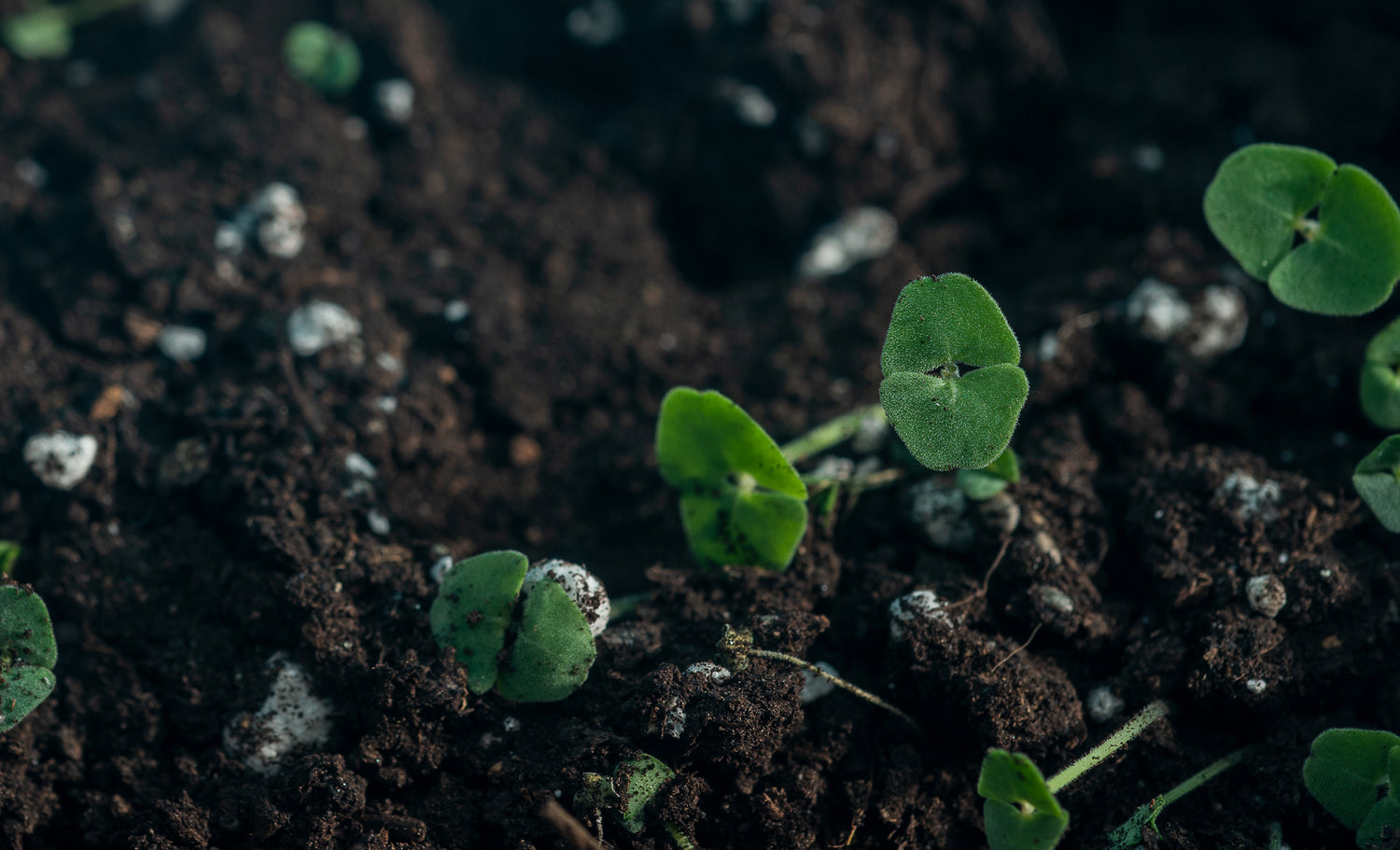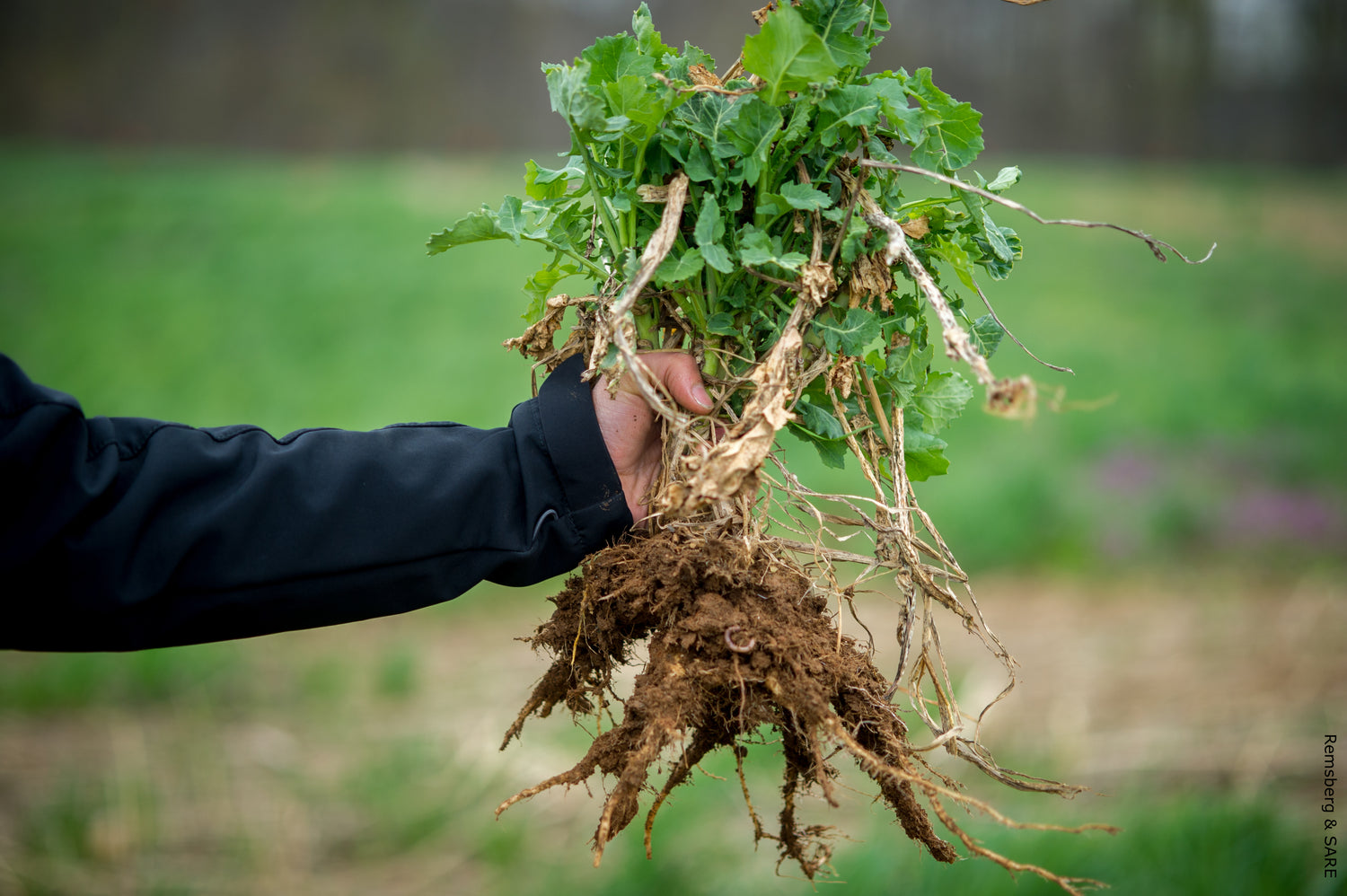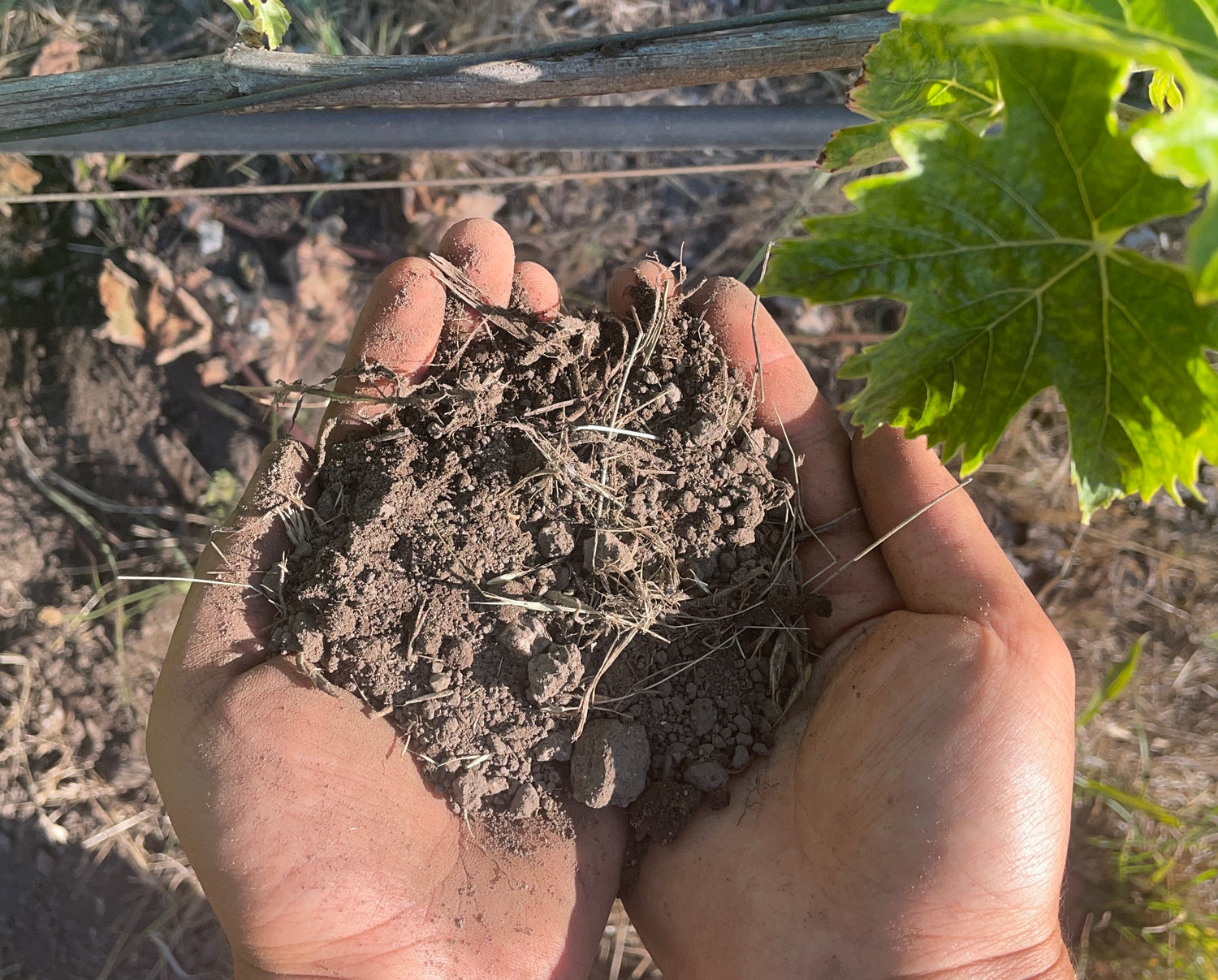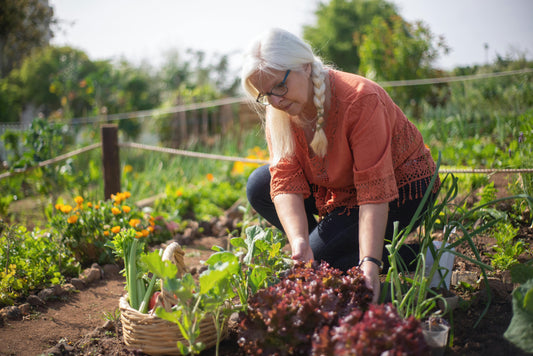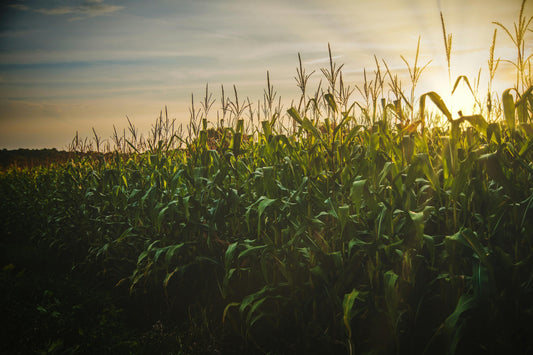Fresno's diverse soil types, ranging from fertile alluvial deposits to challenging alkali soils, form the foundation of California's Central Valley agricultural dominance. Understanding your local soil characteristics is essential for successful farming, landscaping, and sustainable land management in this agriculturally critical region.
Fresno's seven main soil types include alluvial, sandy loam, clay, volcanic, urban, alkali, and loess soils, each requiring specific management strategies to optimize agricultural productivity and environmental sustainability.
Fresno's Diverse Soil Types: Characteristics, Agricultural Impact, and Management
Overview of Fresno's Soil Diversity
Fresno County's soils reflect the complex geological history of California's Central Valley, shaped by the San Joaquin River system, Sierra Nevada foothills, and millennia of sediment deposition. These diverse soil types vary significantly in texture, fertility, drainage capacity, and chemical composition, directly determining their suitability for different agricultural applications, urban development, and conservation efforts.
The economic significance of these soils cannot be overstated. USDA National Agricultural Statistics Service data shows that Fresno County generates over $7 billion in annual agricultural revenue, making it one of the nation's most productive agricultural regions. This productivity stems directly from the region's soil diversity and quality, which supports everything from tree nuts and grapes to row crops and specialty produce.
Understanding these soil characteristics is fundamental for farmers optimizing crop selection and management practices, urban planners designing sustainable development projects, and environmental stewards working to preserve soil health for future generations.
Major Soil Types in Fresno
Fresno's soil landscape encompasses seven distinct soil types, each with unique formation processes, physical properties, and agricultural applications. These soils have developed under varying environmental conditions and continue to influence the region's agricultural success.
Alluvial Soils
Alluvial soils dominate Fresno's agricultural landscape, formed through centuries of sediment deposition by the San Joaquin River and its tributary systems. These soils are characterized by their exceptional fertility, balanced texture, and high organic matter content, making them ideal for intensive agricultural production.
According to the USDA Natural Resources Conservation Service soil surveys, alluvial soils cover approximately 80% of Fresno County's prime agricultural land. These soils typically exhibit excellent drainage characteristics while maintaining adequate moisture retention, supporting the region's diverse crop portfolio including almonds, grapes, tomatoes, and stone fruits.
Sandy Loam Soils
Sandy loam soils represent an optimal balance of sand, silt, and clay particles, creating ideal growing conditions for many high-value crops. These soils are particularly prevalent in Fresno's citrus-growing regions and vineyard areas, where their excellent drainage and root penetration characteristics support healthy plant development.
Research published in the UC Davis Postharvest Technology Research Center demonstrates that sandy loam soils enhance fruit quality in citrus crops while reducing disease pressure through improved air circulation around root systems. These soils require careful nutrient management due to their moderate leaching potential.
Clay Soils
Clay soils in Fresno are typically found in lower-lying areas and former floodplains, characterized by fine particle size and high nutrient-holding capacity. While these soils can retain substantial amounts of water and nutrients, they also present management challenges related to compaction and drainage during wet periods.
The California Department of Food and Agriculture reports that properly managed clay soils can support water-intensive crops like rice and certain berry varieties, but require strategic timing for field operations to prevent compaction damage.
Volcanic Soils
Volcanic soils occur primarily in Fresno County's eastern foothills, formed from ancient volcanic ash deposits and weathered volcanic rock. These soils are exceptionally mineral-rich and well-draining, supporting premium wine grape production and specialty crops that benefit from unique terroir characteristics.
Studies conducted by UC Davis Viticulture and Enology Research indicate that volcanic soils contribute to enhanced grape quality through controlled water stress and unique mineral uptake patterns, making them highly sought after for premium wine production.
Urban Soils
Urban soils throughout Fresno represent a complex category heavily influenced by human activity, construction practices, and landscaping modifications. These soils often exhibit high variability in composition and may contain construction debris, compacted layers, or chemical residues requiring assessment and remediation.
According to EPA brownfields research, rehabilitated urban soils can significantly enhance urban green space functionality, with proper management improving vegetation establishment success rates by up to 25% in urban parks and landscaped areas.
Alkali Soils
Alkali soils present unique challenges in certain areas of Fresno County, characterized by elevated pH levels and high concentrations of soluble salts. These soils often develop distinctive white crusty surface deposits and can severely limit plant growth without proper management interventions.
Research from the UC Davis College of Agricultural and Environmental Sciences demonstrates that strategic leaching and the cultivation of salt-tolerant crops can successfully rehabilitate alkali soils, expanding their agricultural potential.
Loess Soils
Loess soils in Fresno formed from fine particles deposited by wind action over thousands of years. These soils typically exhibit excellent drainage characteristics and moderate fertility, supporting diverse agricultural applications while requiring protection from wind erosion.
The California Soil Resource Lab notes that loess soils, when properly managed, can support sustainable crop production while contributing to the region's overall soil diversity and agricultural resilience.
Soil Characteristics and Management Applications
Understanding the specific characteristics of each soil type enables targeted management strategies that optimize both productivity and environmental sustainability. The following analysis provides practical guidance for working with Fresno's diverse soil types.
Soil Testing for Precision Management
Comprehensive soil testing forms the foundation of effective soil management in Fresno County. Laboratory analysis should assess pH levels, nutrient availability, organic matter content, and salinity levels to guide informed decision-making.
The UC Cooperative Extension recommends biennial soil testing for agricultural operations, with testing costs typically ranging from $50-100 per sample. Proper soil testing can improve crop productivity by up to 20% while preventing costly over-fertilization and environmental impacts.
Organic Amendments for Soil Health
Strategic application of organic amendments enhances soil structure, biological activity, and nutrient availability across all soil types. Compost, well-aged manure, and other organic materials provide both immediate and long-term benefits to soil health.
Research published in the Journal of Soil and Water Conservation demonstrates that regular organic matter additions improve water retention in sandy soils while enhancing drainage and aeration in clay soils, creating more balanced growing conditions.
Irrigation Management Strategies
Efficient irrigation systems must be tailored to specific soil characteristics to optimize water use efficiency and prevent both water stress and oversaturation. Drip irrigation systems show particular promise for Fresno's diverse soil conditions.
According to USDA Natural Resources Conservation Service data, properly designed drip irrigation systems can reduce water consumption by 35% compared to traditional flood irrigation while improving crop uniformity and reducing disease pressure.
Compaction Prevention and Remediation
Soil compaction poses significant challenges, particularly in clay and urban soils. Prevention through controlled traffic patterns and timely field operations proves more effective than remediation after compaction occurs.
When compaction does occur, mechanical aeration combined with organic matter additions can restore soil structure and function. The Conservation Technology Information Center reports that proper aeration practices can restore infiltration rates and root penetration in compacted soils.
Salinity Management
Managing salinity in alkali soils requires a combination of leaching, drainage improvement, and crop selection strategies. Salt-tolerant crops can provide economic returns while soil conditions are being improved.
Studies from the USDA Salinity Laboratory show that controlled leaching combined with drainage improvements can reduce soil salinity by 30% over 2-3 growing seasons, enabling successful cultivation of less salt-tolerant crops.
Erosion Control and Conservation
Protecting valuable topsoil from erosion requires proactive management, particularly important for alluvial and loess soils susceptible to both water and wind erosion.
Cover cropping, mulching, and conservation tillage practices provide effective erosion control. Research from the NRCS California demonstrates that these practices can reduce topsoil loss by 20% while providing additional benefits including improved soil biology and carbon sequestration.
Local Resources for Soil Testing and Management
Fresno area farmers and gardeners have access to several local resources for soil sampling supplies, testing services, and management products. These established businesses provide essential support for effective soil management programs.
Local garden centers and agricultural suppliers offer soil testing kits, sampling tools, and soil amendments. Lotus Gardens Outdoor Living Center, Belmont Nursery, Green Hills Nursery, The Home Depot Garden Center, and Gazebo Gardens provide comprehensive selections of soil management products and can often recommend certified soil testing laboratories for detailed analysis.
For professional soil testing services, the UC Cooperative Extension office provides recommendations for certified laboratories that can conduct comprehensive analysis including nutrient levels, pH, organic matter content, and salinity assessments.
Economic Impact and Environmental Significance
Fresno County's soil resources generate substantial economic value while supporting critical environmental functions. The region's agricultural output contributes significantly to California's position as a leading agricultural state and supports thousands of jobs throughout the supply chain.
Beyond direct agricultural value, healthy soils provide essential ecosystem services including carbon sequestration, water filtration, and wildlife habitat support. Urban soils contribute to air quality improvement and urban heat island mitigation through support of green infrastructure.
Sustainable soil management practices not only maintain current productivity levels but can enhance long-term economic and environmental benefits. Investment in soil health pays dividends through improved crop yields, reduced input costs, and enhanced environmental resilience.
Sustainable Management for Future Productivity
Long-term soil health in Fresno County depends on implementing sustainable management practices that balance immediate productivity needs with environmental stewardship. This approach ensures continued agricultural success while preserving soil resources for future generations.
Key strategies include maintaining soil organic matter through regular additions of compost and cover crops, minimizing tillage to preserve soil structure, implementing diverse crop rotations to maintain soil biology, and using precision agriculture techniques to optimize input applications.
Climate change adaptation also requires attention to soil health, as healthy soils demonstrate greater resilience to weather extremes and can help agricultural systems adapt to changing conditions. Building soil organic matter improves both drought tolerance and flood resilience.
Sources
- USDA Natural Resources Conservation Service. Soil Health Resources and Soil Survey Data. https://www.nrcs.usda.gov/resources/data-and-reports/soil-survey
- USDA National Agricultural Statistics Service. California Agricultural Statistics. https://www.nass.usda.gov/Statistics_by_State/California/
- University of California Division of Agriculture and Natural Resources. Soil Management Publications. https://anrcatalog.ucanr.edu/
- California Department of Food and Agriculture. Soil Health Initiative. https://www.cdfa.ca.gov/go/soilhealth
- UC Davis Viticulture and Enology Research Program. https://wineserver.ucdavis.edu/
- Journal of Soil and Water Conservation. Soil Management Research. https://www.jswconline.org/
- USDA Salinity Laboratory. Salinity Management Guidelines. https://ussl.ars.usda.gov/







